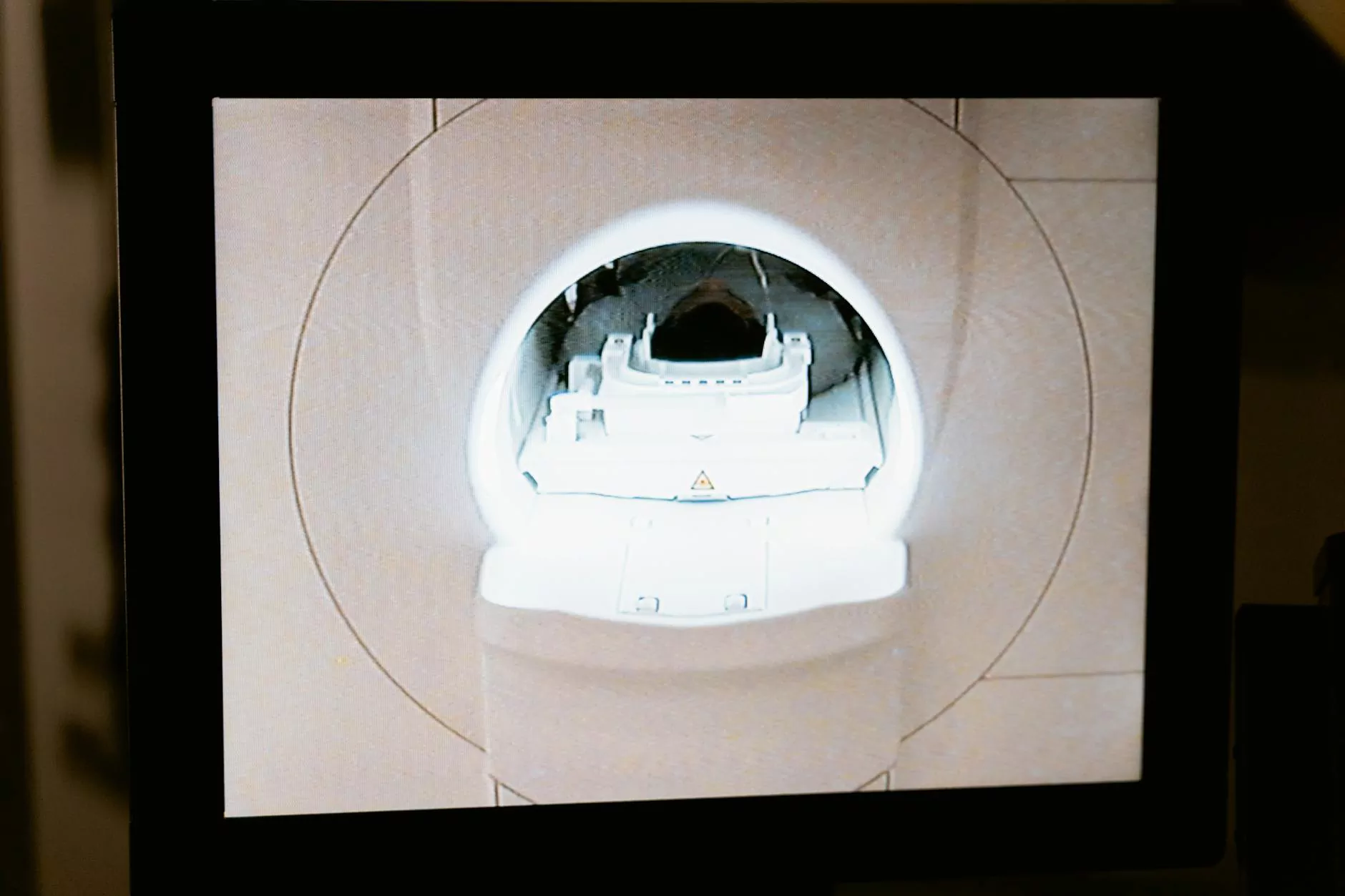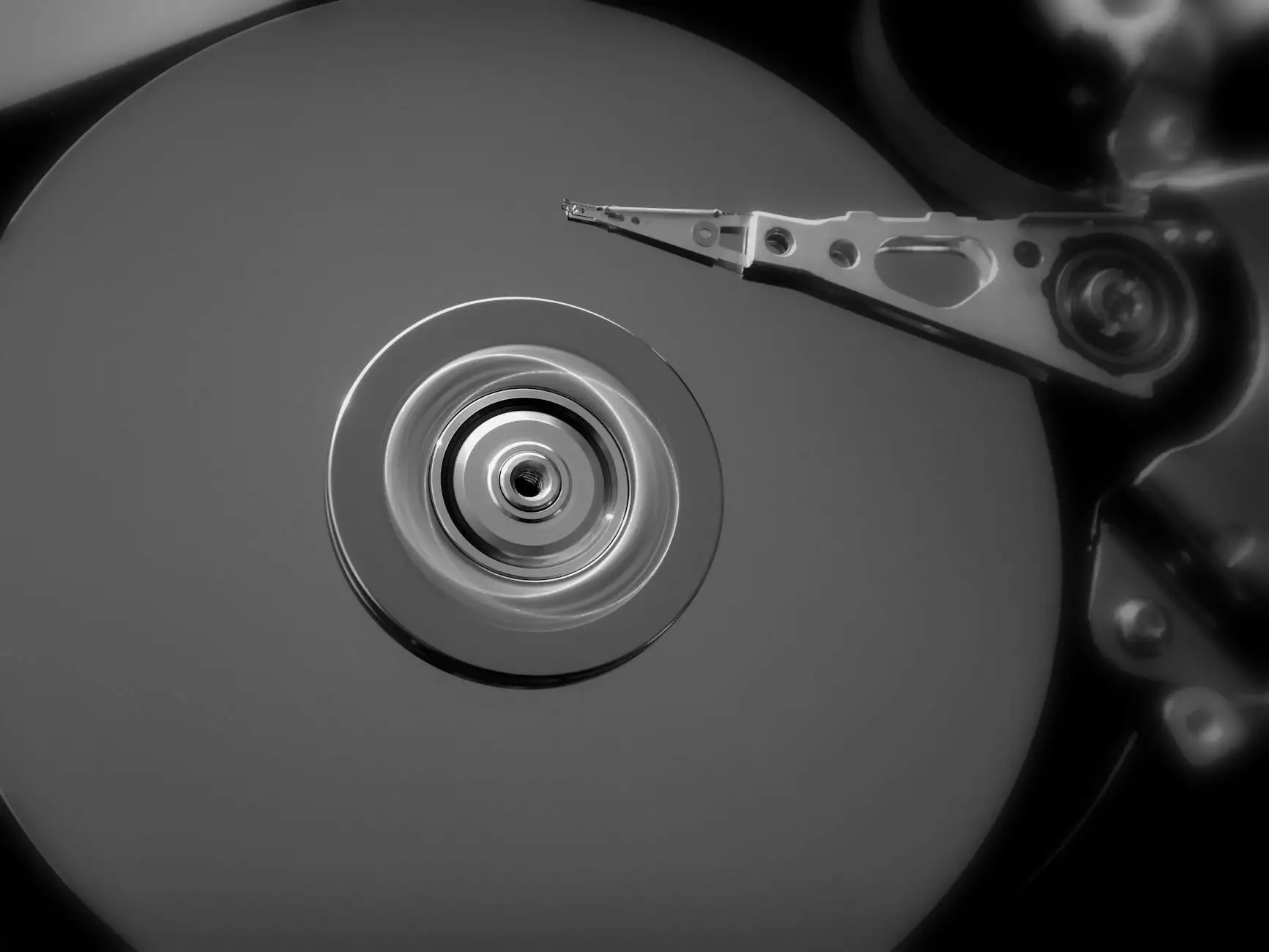Comprehensive Guide to MRI Technical Services in Healthcare & Medical Diagnostics

In the fast-evolving landscape of healthcare and medical diagnostics, the role of MRI technical services has become increasingly critical. These specialized services ensure that Magnetic Resonance Imaging (MRI) equipment operates with precision, safety, and efficiency, directly impacting patient outcomes and diagnostic accuracy. As healthcare providers strive to deliver exceptional care, the importance of expert MRI technical support cannot be overstated.
Understanding the Significance of MRI Technical Services in Modern Healthcare
MRI technical services encompass a broad spectrum of activities, including equipment installation, maintenance, calibration, repair, and upgrades. They serve as the backbone of effective diagnostic imaging departments within Medical Centers, hospitals, outpatient clinics, and specialized diagnostic facilities. With MRI technology advancing rapidly, these services ensure that MRI systems operate at peak performance, minimizing downtime and ensuring high-quality imaging results.
The Role of MRI Technical Services in Enhancing Diagnostic Accuracy
Accurate diagnosis hinges on high-resolution imaging, which is only achievable when MRI machines function correctly. MRI technical services play a vital role in maintaining image quality by providing:
- Precise calibration of MRI systems to ensure consistent image clarity
- Timely repairs to prevent artifacts or image distortion
- Scheduled maintenance to minimize unexpected breakdowns
- Technological upgrades to incorporate the latest advancements in MRI technology
These activities directly impact the diagnostic capabilities of healthcare providers, leading to faster, more accurate diagnoses and better patient care outcomes.
Core Components of MRI Technical Services
1. Installation and System Setup
Proper installation is fundamental for the optimal functioning of MRI systems. Expert technicians ensure that MRI machines are correctly installed following manufacturer specifications, including magnet shimming, cooling systems, and electromagnetic compatibility. This process sets the foundation for long-term performance and safety.
2. Preventive Maintenance
Regular preventive maintenance is crucial to identify potential issues before they lead to costly repairs or system failures. Activities include checking hardware components, software updates, and performance testing, all aimed at extending the lifespan of MRI equipment and ensuring continuous operation.
3. Calibration and Quality Assurance
Calibration guarantees that MRI images are consistent and accurate over time. It involves fine-tuning system parameters, ensuring that measurements are reliable. Regular quality assurance procedures, such as phantom testing, validate the imaging quality and help detect deviations early.
4. Emergency Repairs and Troubleshooting
When MRI systems encounter unexpected problems, prompt technical intervention is vital. Skilled technicians analyze issues—be it hardware failures, software glitches, or electromagnetic interference—and perform necessary repairs swiftly to minimize operational downtime.
5. Upgrades and Modernization
As technology progresses, upgrading MRI software and hardware components becomes essential to stay at the forefront of diagnostic capabilities. Upgrades improve image resolution, reduce scan times, and introduce new functionalities, ultimately enhancing patient care.
The Benefits of Partnering with Expert MRI Technical Service Providers
Choosing a dedicated MRI technical services provider offers numerous advantages for Medical Centers and Diagnostic Services looking to optimize their imaging departments. These benefits include:
- Enhanced image quality for accurate diagnoses
- Increased equipment uptime reducing delays in patient care
- Operational cost savings through preventive maintenance and efficient repairs
- Compliance with safety and industry standards
- Access to the latest technological advancements
Partnering with a trusted provider ensures that your MRI systems are maintained by certified professionals who are intimately familiar with the latest industry standards and technological innovations.
The Impact of Expert MRI Technical Services on Healthcare Facilities
1. Superior Patient Outcomes
Reliable MRI systems produce high-quality images, enabling precise and early diagnosis of conditions such as neurological disorders, cardiovascular diseases, musculoskeletal injuries, and cancer. This accuracy directly benefits patients by facilitating prompt and effective treatment plans.
2. Compliance and Safety Assurance
Adherence to rigorous safety protocols and industry standards, such as those outlined by the American College of Radiology (ACR) and the Food and Drug Administration (FDA), is non-negotiable. Expert technicians ensure MRI systems operate safely, protecting patients and staff from electromagnetic hazards and ensuring regulatory compliance.
3. Operational Efficiency and Cost Management
Efficient MRI technical services reduce unplanned downtime and extend equipment lifespan, leading to significant cost savings. This efficiency allows healthcare facilities to serve more patients and improve overall operational productivity.
Choosing the Right MRI Technical Services Provider: Key Considerations
When selecting a provider for MRI technical services, healthcare administrators should evaluate several critical factors:
- Certification and Expertise—Technicians should hold relevant certifications and have extensive experience with diverse MRI models and manufacturers.
- Range of Services—A comprehensive service portfolio, including installation, maintenance, repairs, and upgrades, is essential.
- Response Time and Availability—Rapid response capabilities minimize downtime during emergencies.
- Reputation and References—Partner with companies that have a proven track record of delivering high-quality services.
- Compliance and Safety Standards—Ensure adherence to all industry safety and quality standards.
The Future of MRI Technical Services in Healthcare
As medical technology continues to advance, MRI technical services will evolve to incorporate innovations such as artificial intelligence, machine learning, and automation. These technologies will enable predictive maintenance, further reducing downtime and increasing imaging precision. Additionally, the integration of telehealth solutions will extend the reach of expert technicians to remote or underserved healthcare facilities, ensuring all patients benefit from cutting-edge MRI diagnostics.
Conclusion: Elevating Healthcare with Expert MRI Technical Services
Investing in high-quality MRI technical services is an indispensable element for medical centers and diagnostic clinics committed to delivering exceptional patient care. These services not only ensure that MRI equipment operates reliably and safely but also empower healthcare providers with the confidence to diagnose and treat with the utmost accuracy. As technology continues to reshape the healthcare landscape, partnering with a trusted provider of MRI technical support will position your facility at the forefront of diagnostic excellence and operational efficiency.
In summary, the synergy of advanced MRI technology and specialized MRI technical services is revolutionizing healthcare by enabling more precise, faster, and safer diagnostics. Investing in such services is an investment in superior patient outcomes, operational sustainability, and future readiness.









